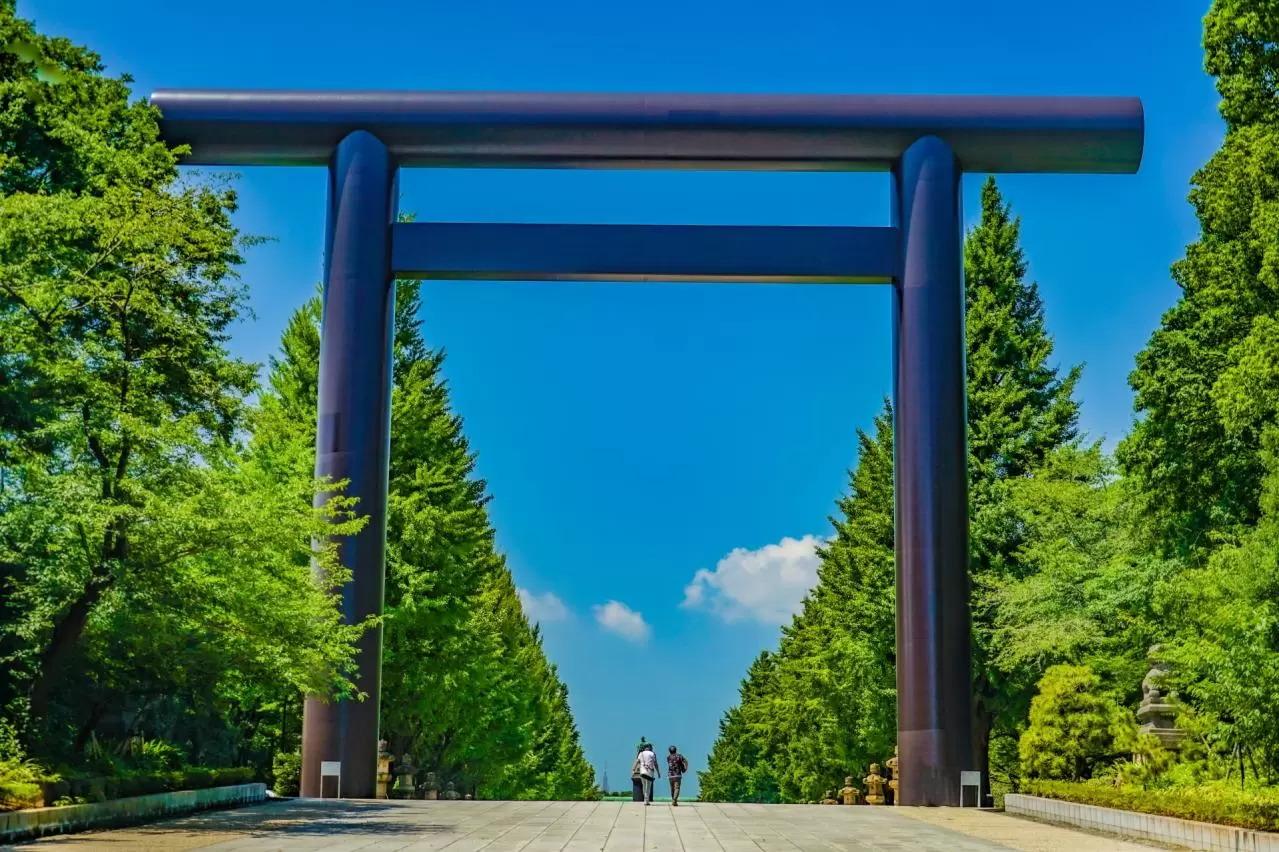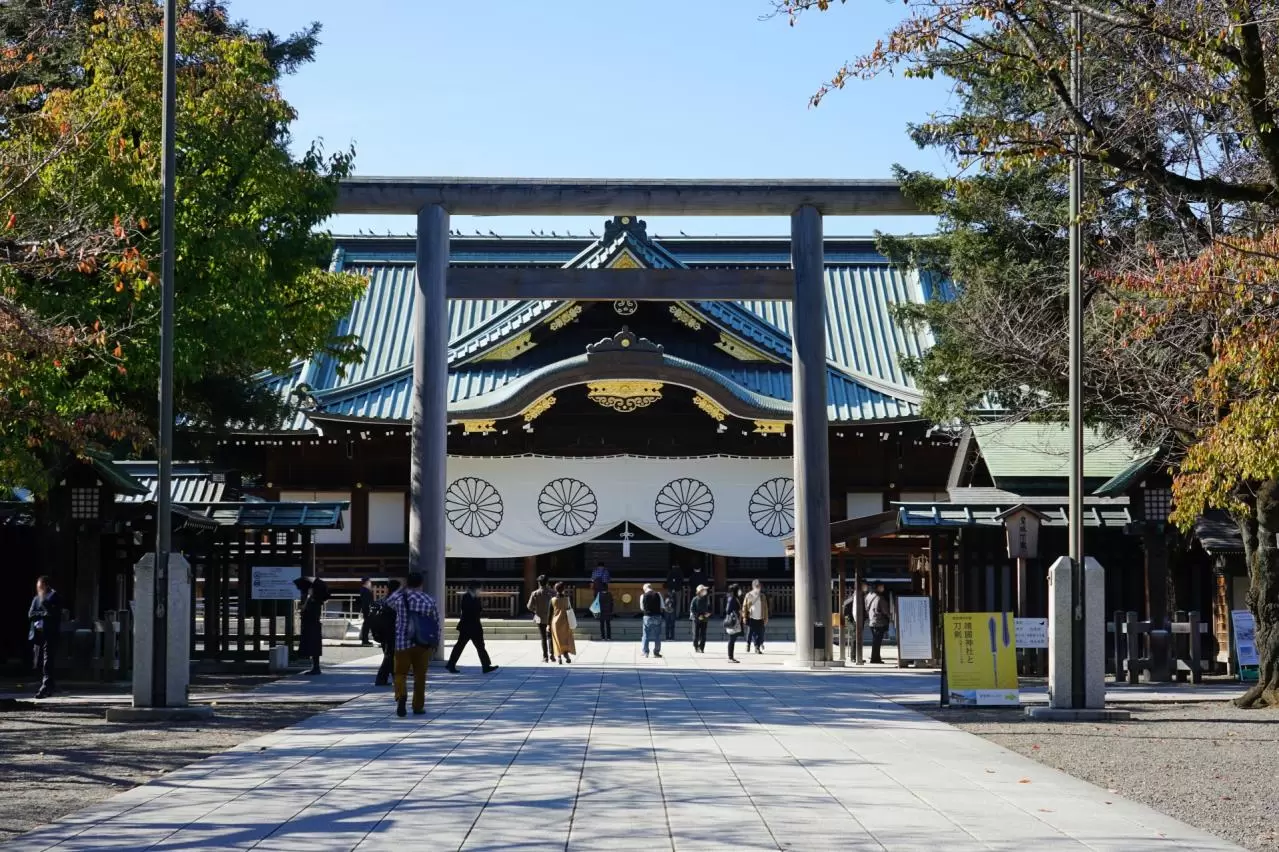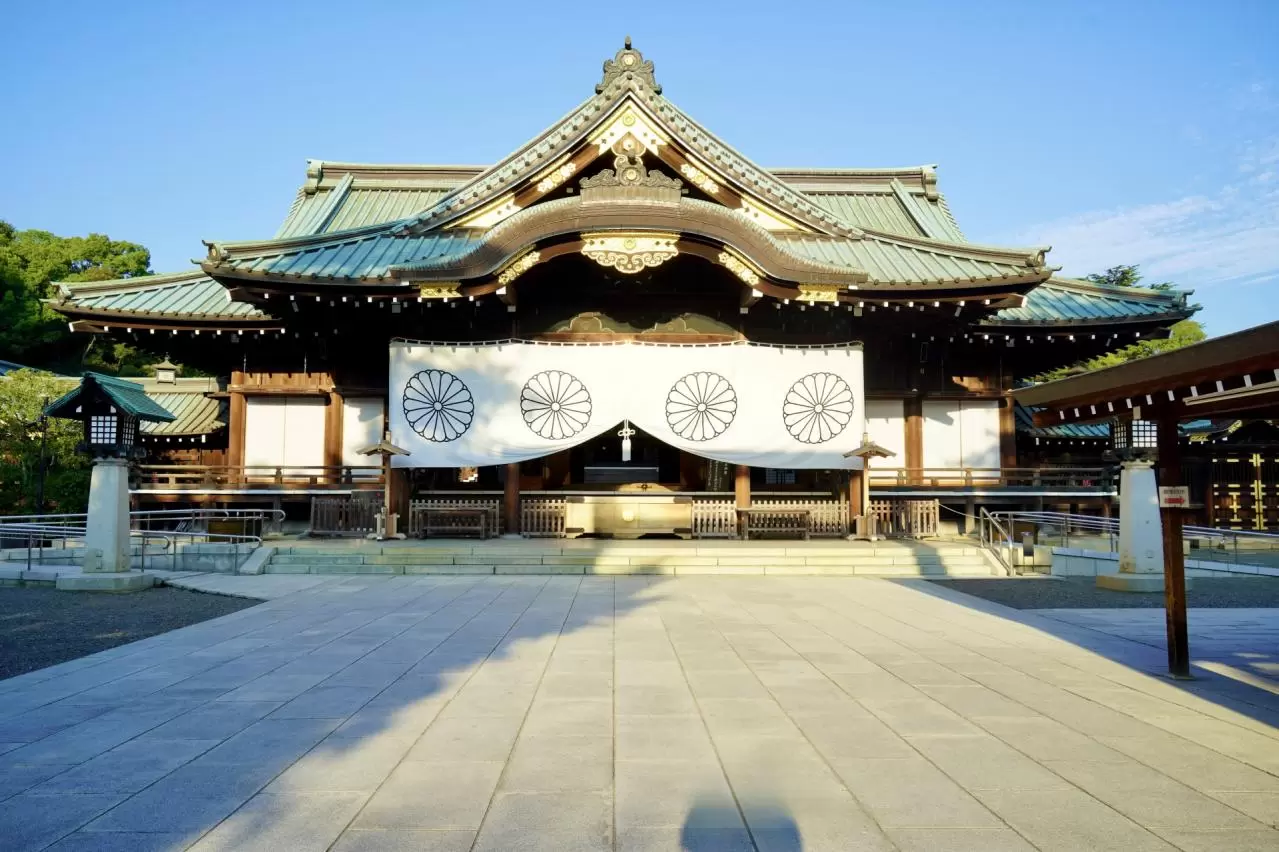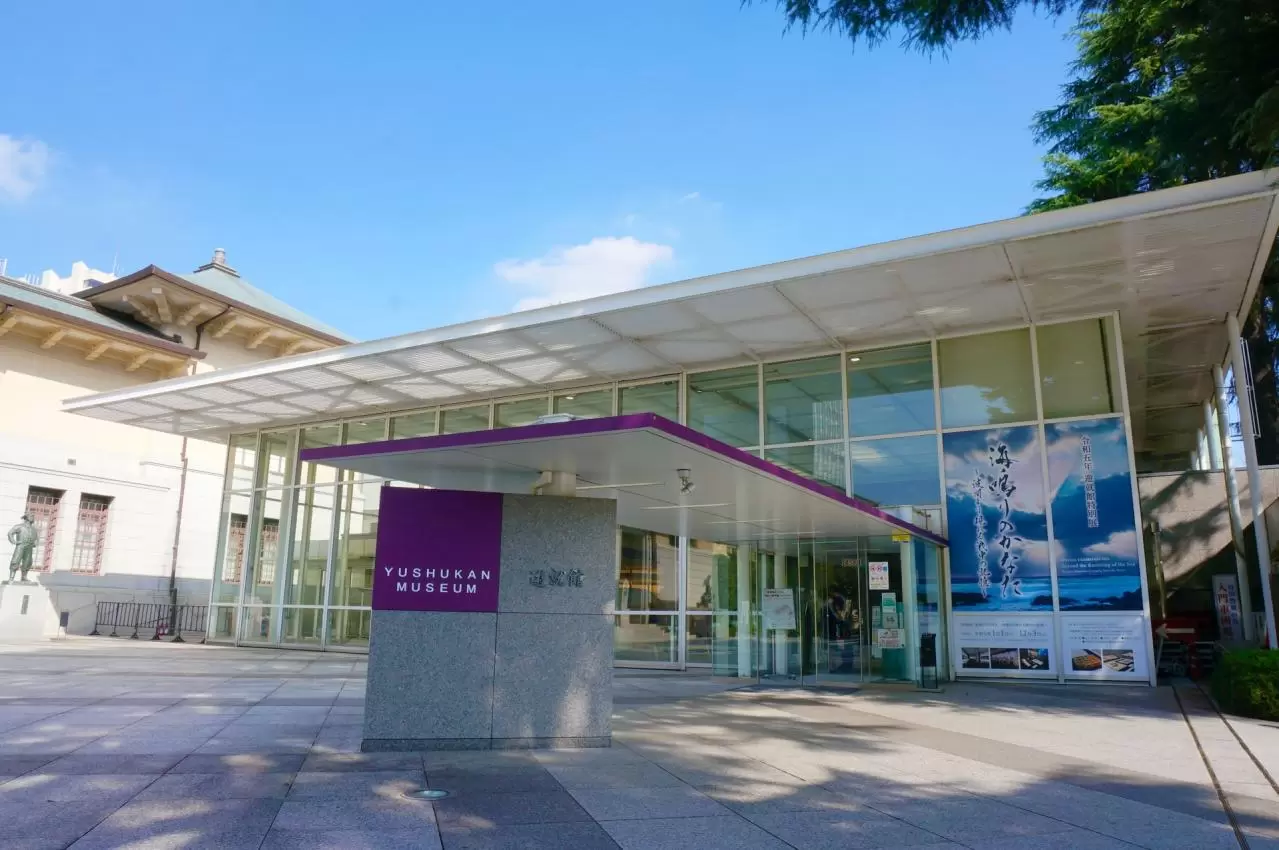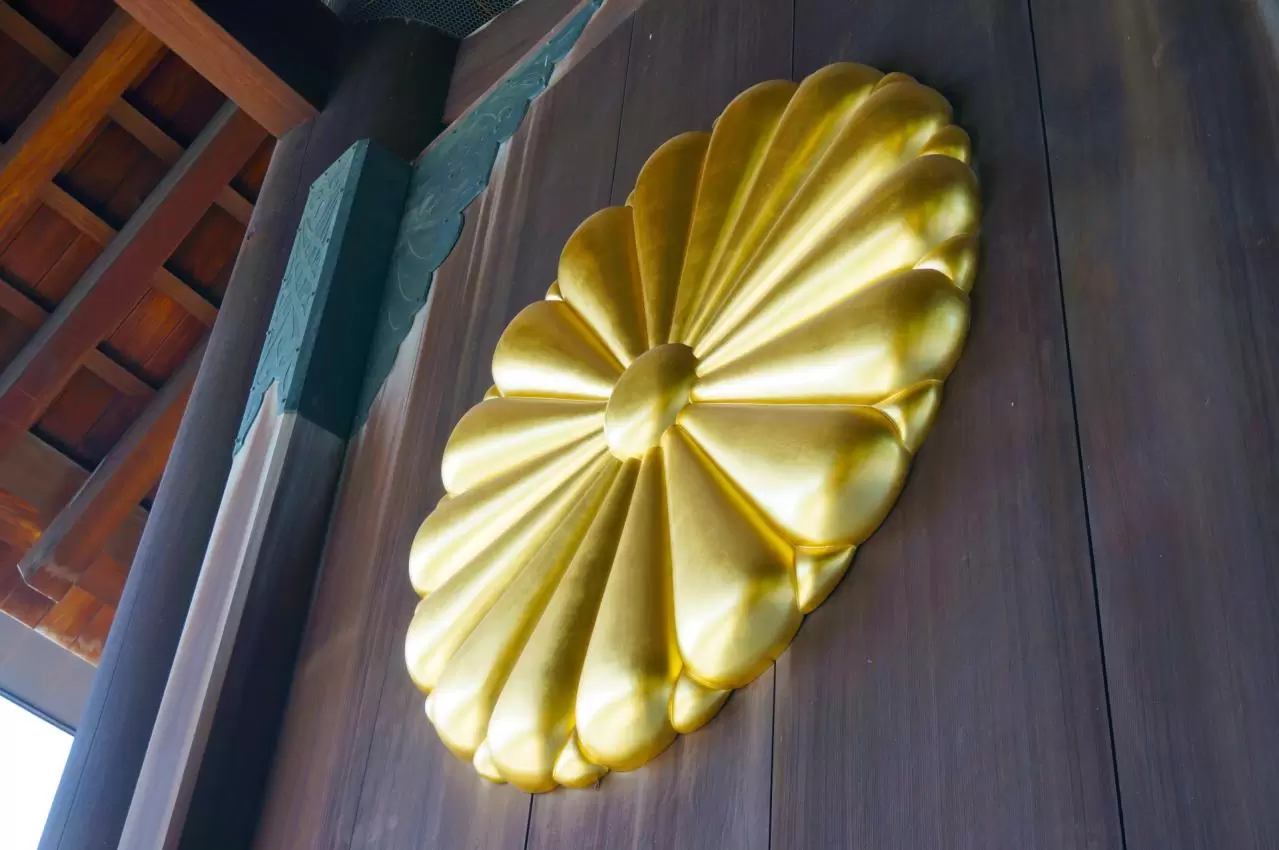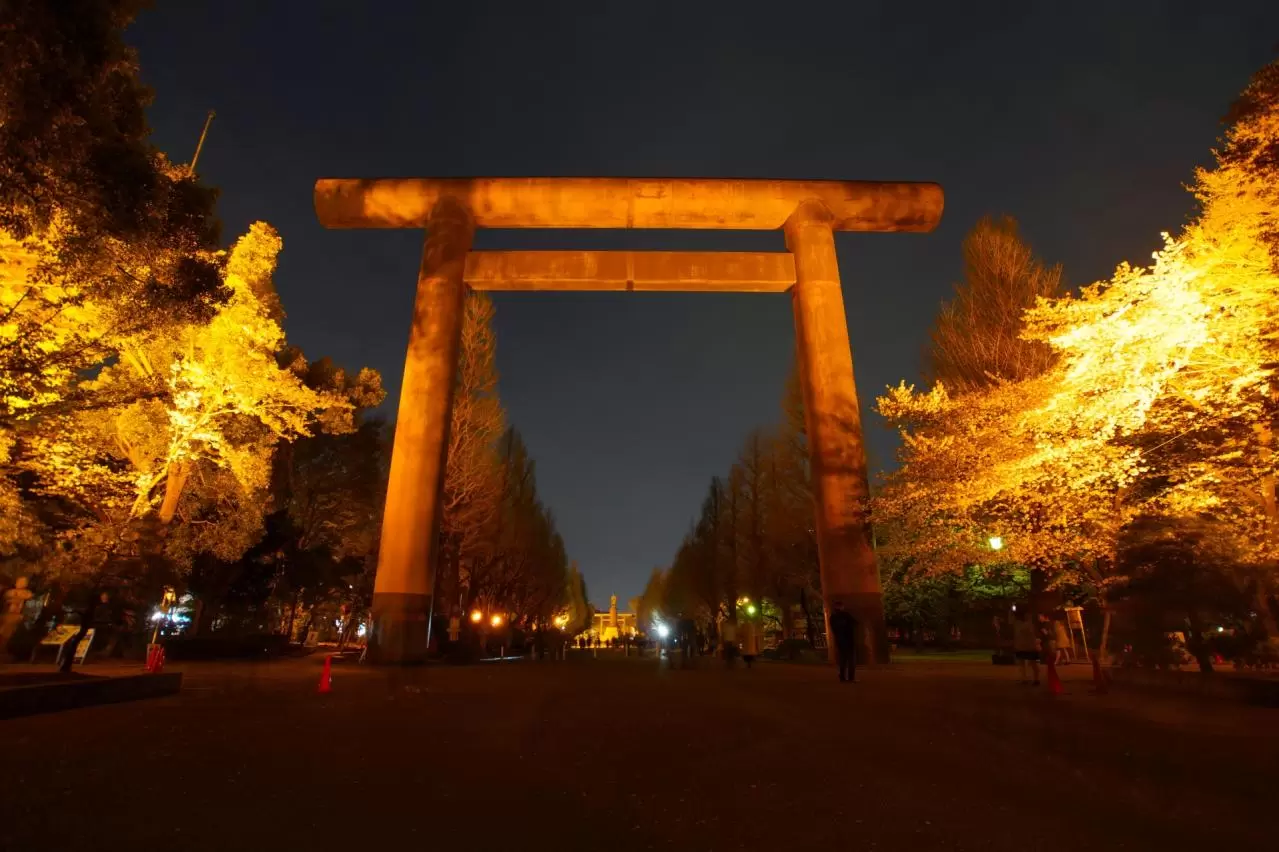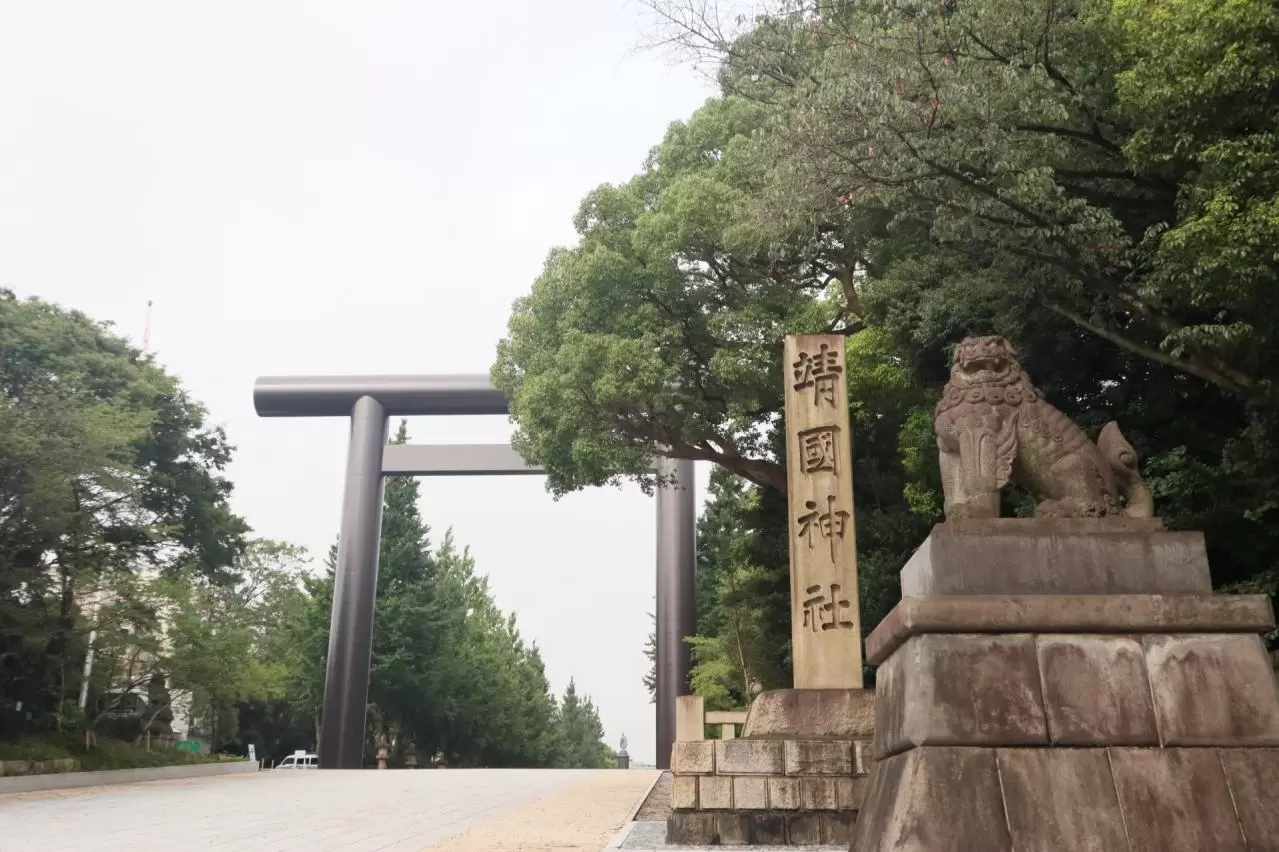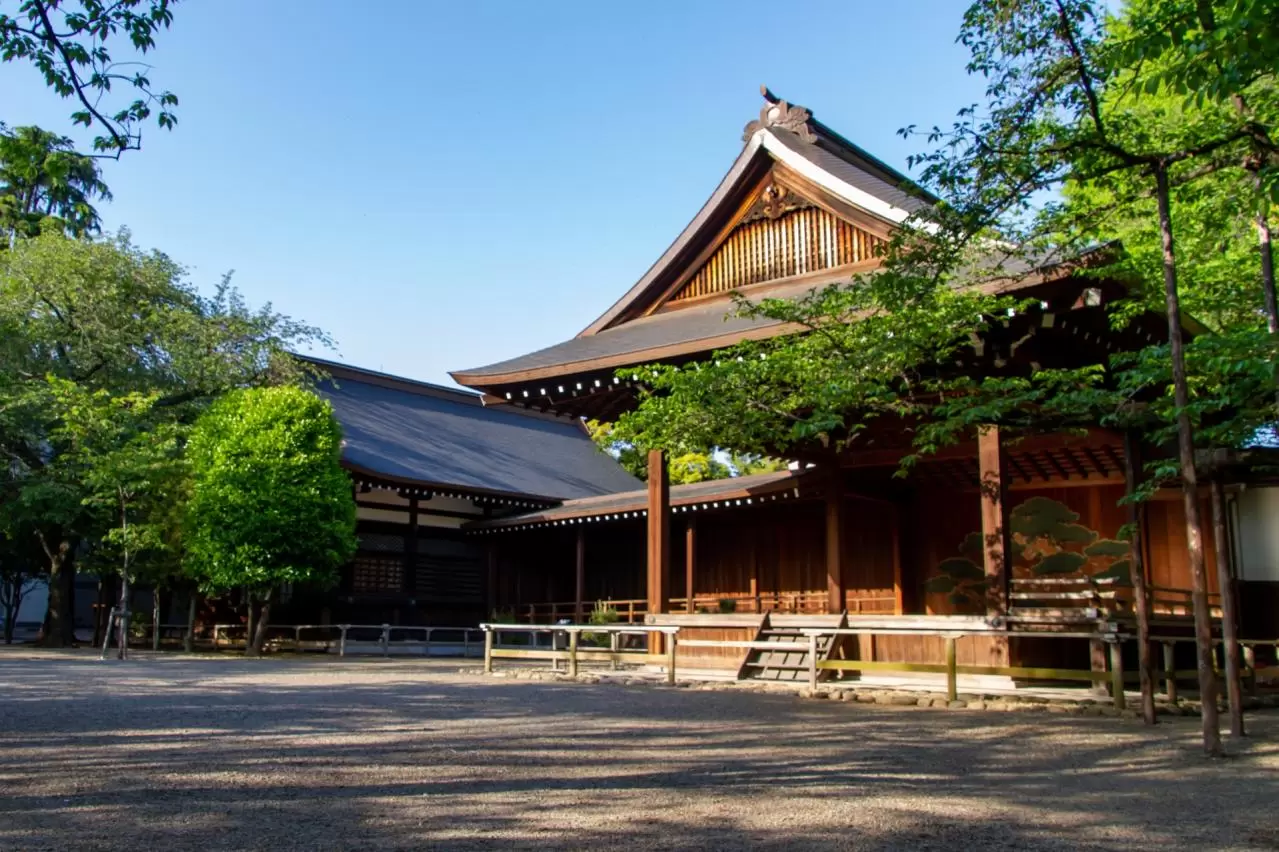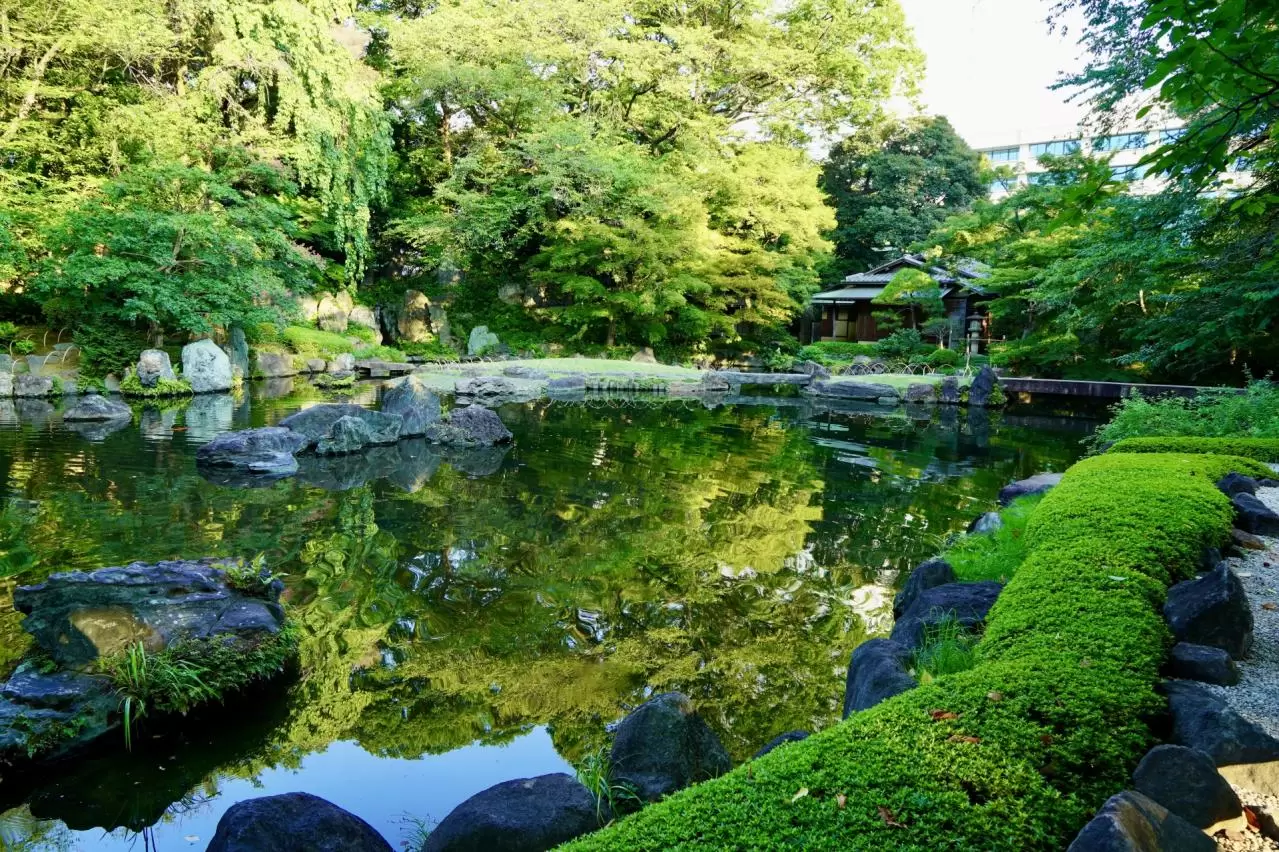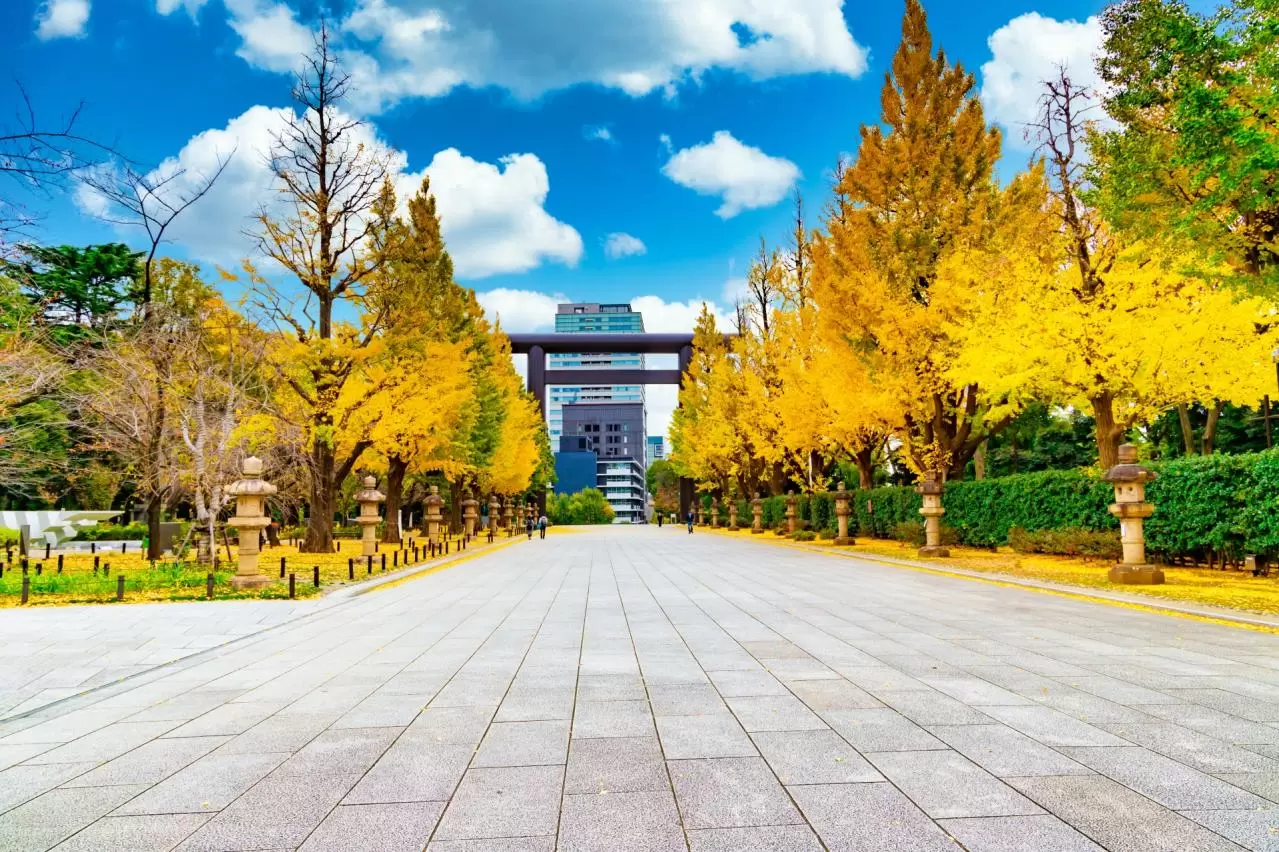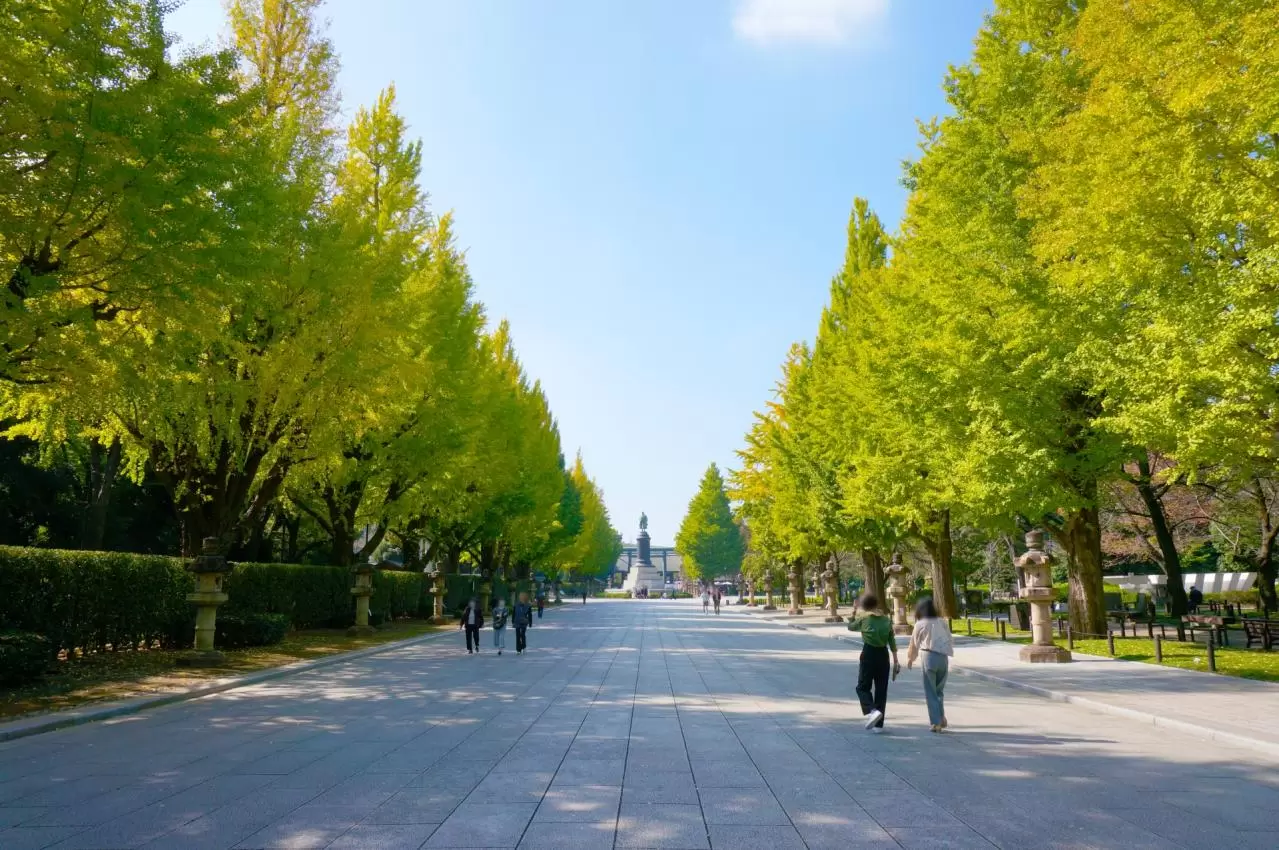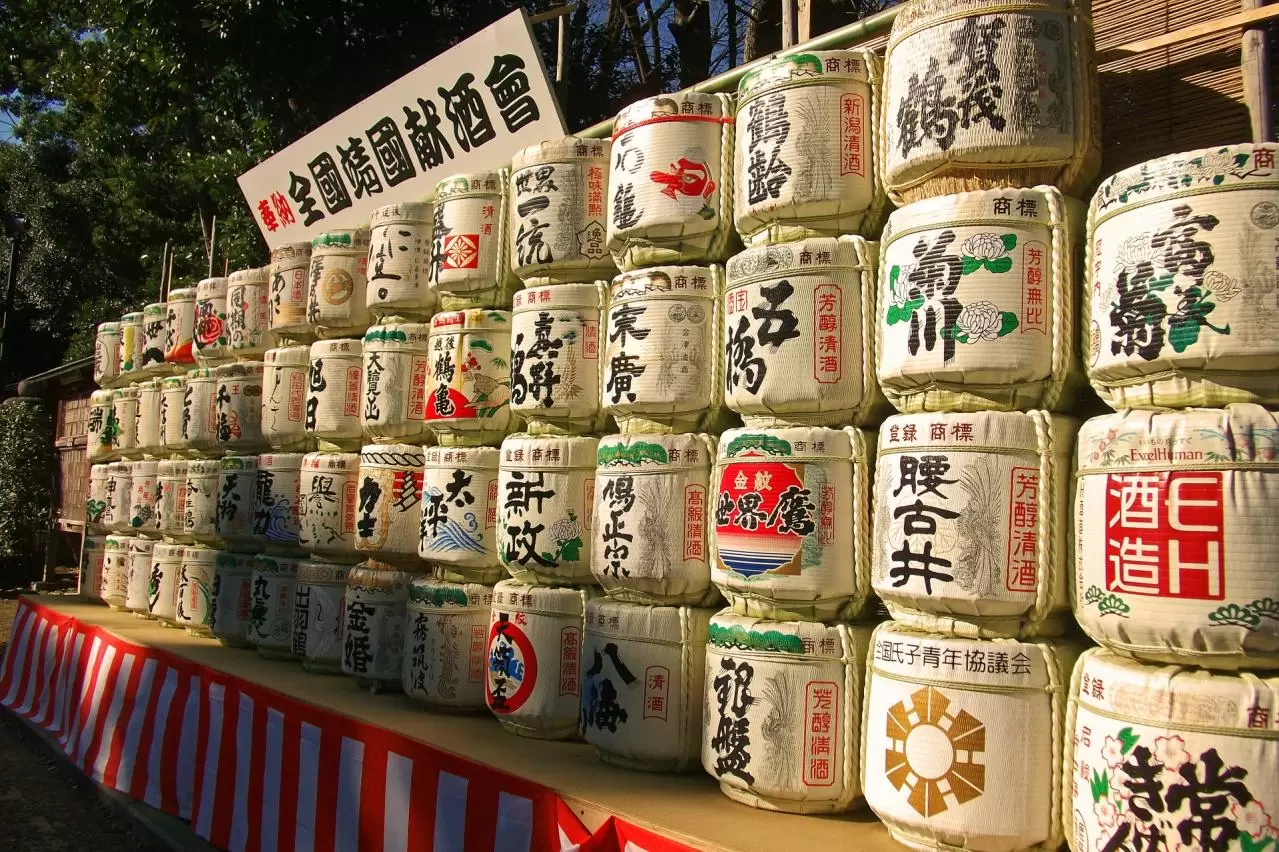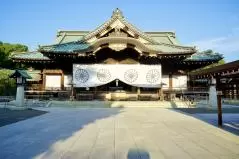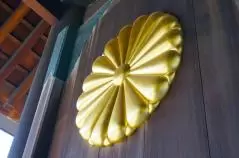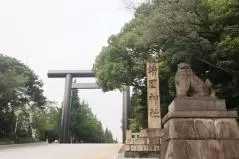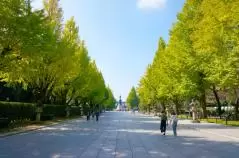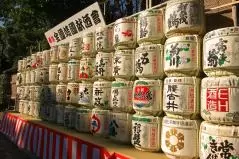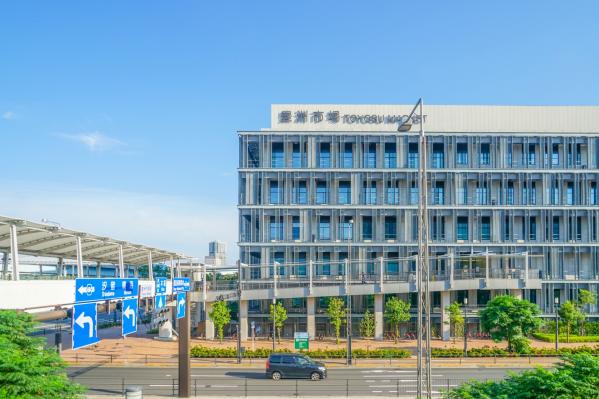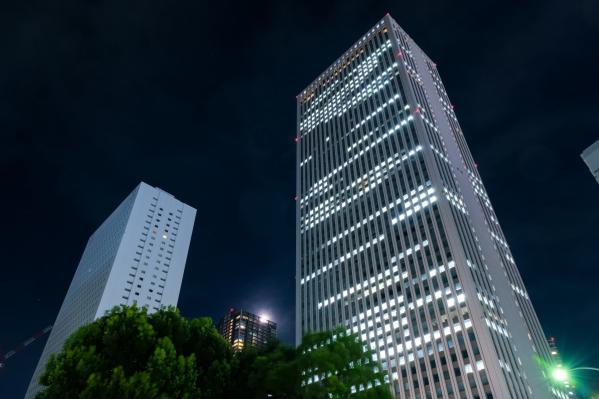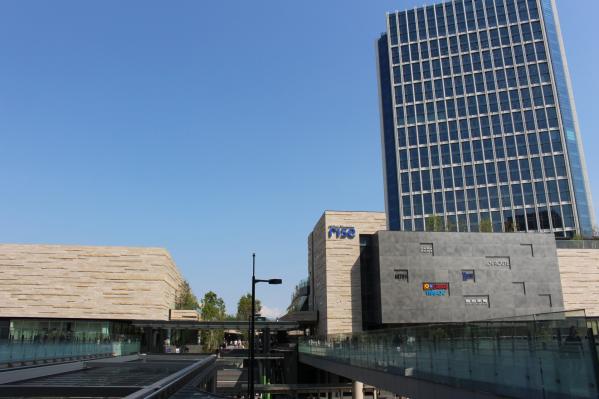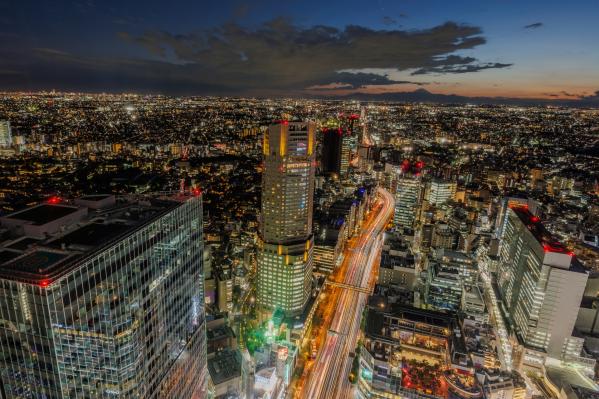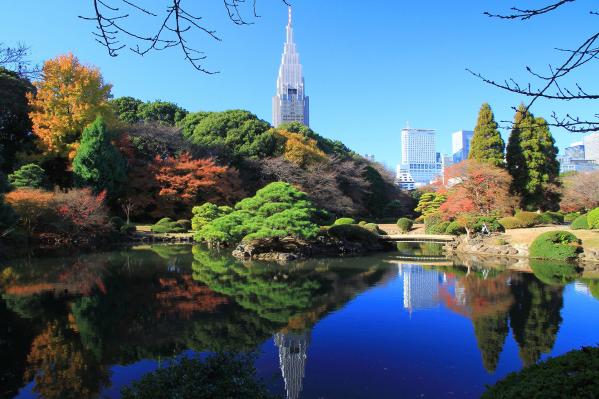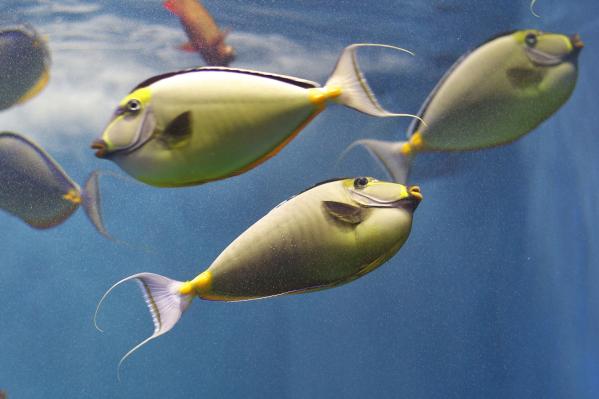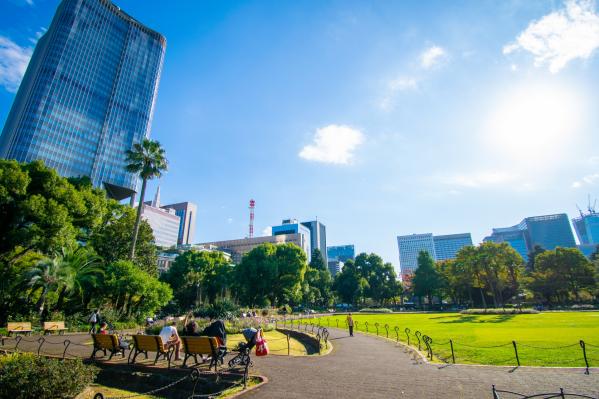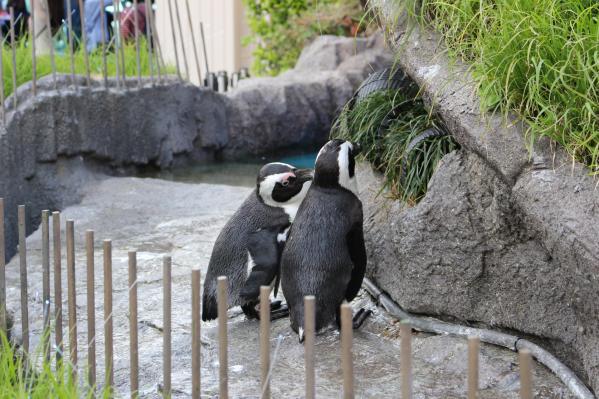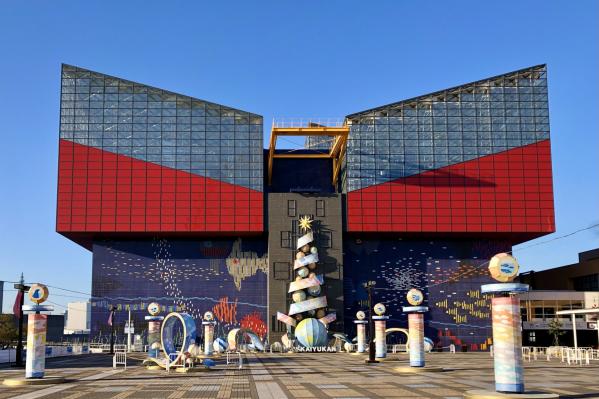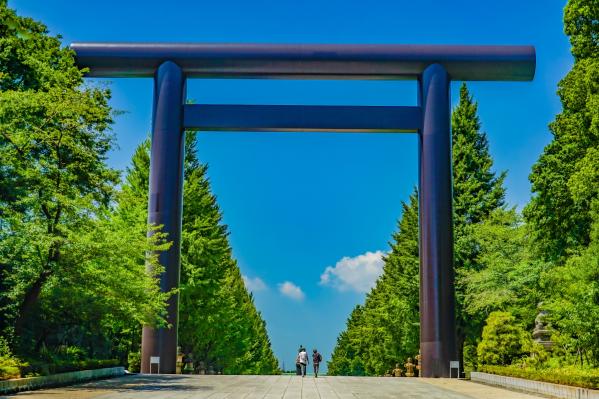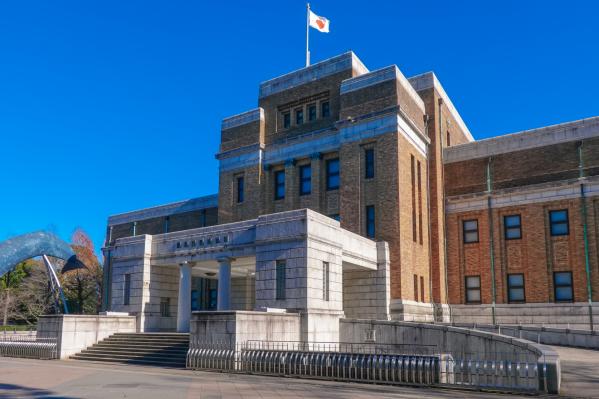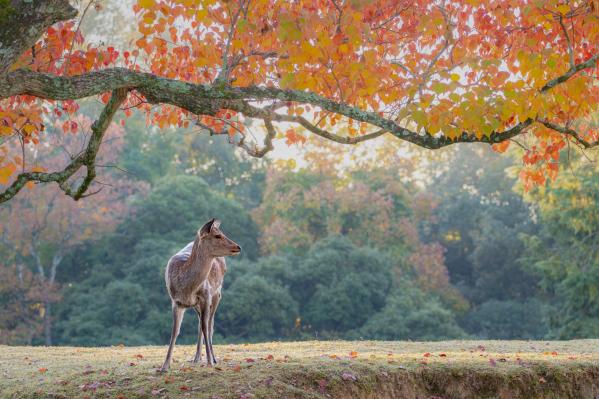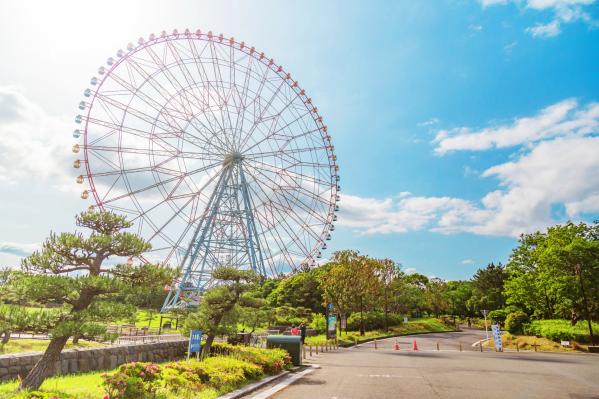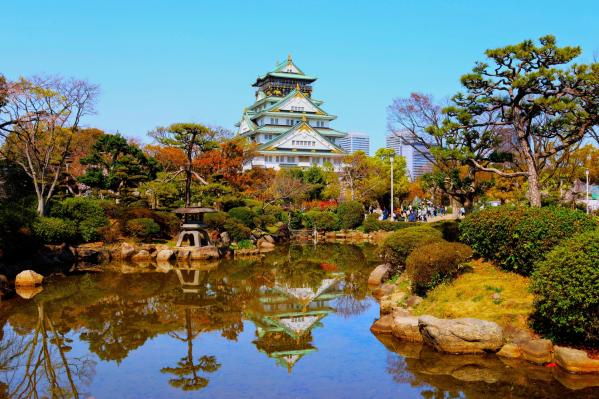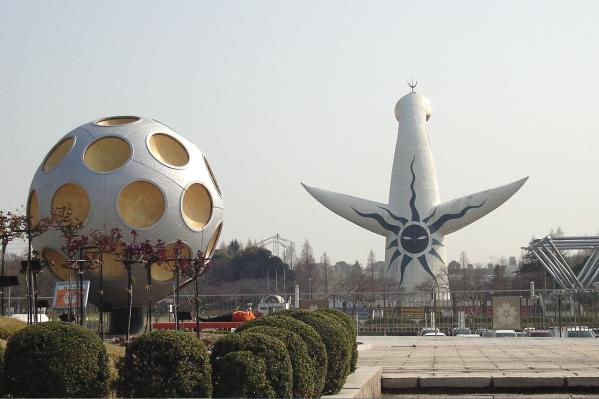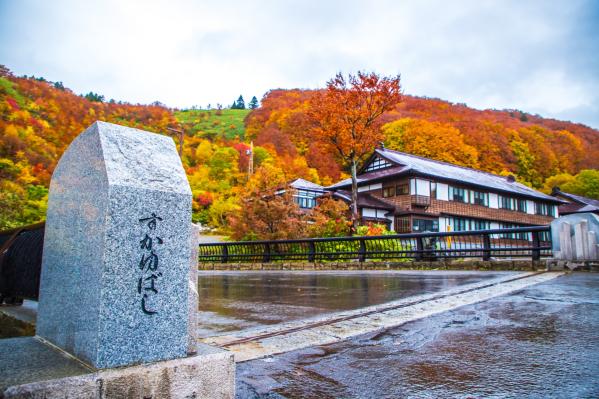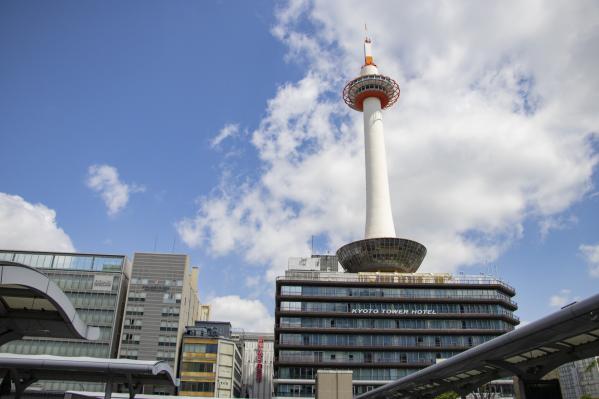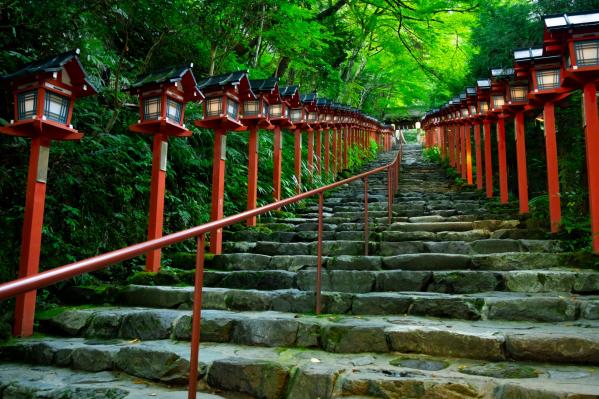Yasukunijinja Shrine
Basic Information
- Spot Name
- Yasukunijinja Shrine
- Location
- 〒102-0073 3-1-1 Kudan-kita, Chiyoda-ku, Tokyo
- Access
- A 5-minute walk from Kudanshita Station on the subway.
- Parking
- Parking available for 70 vehicles.
- Business Hours
- 6:00 AM to 6:00 PM (closed at 6:00 PM, from November to February until 5:00 PM <closed>), Yasukuni Shrine Museum is open from 9:00 AM to 4:00 PM (closed at 4:30 PM)
- Regular Holiday
- No regular closing days.
- Fees
- Admission to the grounds is free (official worship and visits to the Yasukuni Museum require a fee).
- Contact Information
- Phone Number:03-3261-8326
- Official Website
Map
Detailed Information
Yasukuni Shrine
Yasukuni Shrine is located in Kudankita, Chiyoda, Tokyo, just a five-minute walk from the Kudan-Shita subway station. It was founded on June 29, 1869, by the Meiji Emperor's decree as "Shokonsha" (Shrine for the Spirits of the War Dead). In 1879, it was renamed to its current name, Yasukuni Shrine. The name "Yasukuni" carries the aspiration to "tranquilize the country," meaning to "bring peace to the nation" and "establish a peaceful state."
Deities and Their Significance
Yasukuni Shrine enshrines the spirits of over 2.466 million individuals who sacrificed their lives for the nation, including those from the late Edo period, the Boshin War, the Satsuma Rebellion, the First Sino-Japanese War, the Russo-Japanese War, World War I, the Manchurian Incident, the Second Sino-Japanese War, and World War II.
The shrine does not only honor military personnel but also includes enlisted nurses, female students, students who died working in munitions factories, civilians, as well as those from Taiwan and the Korean Peninsula, and individuals who died during Siberian imprisonment or were executed as war criminals after the war. These spirits are enshrined equally, regardless of their status, achievements, or gender, and the purpose is to honor those who dedicated their lives to the nation and to pass down their deeds to future generations.
Notable Features in the Grounds
The grounds of Yasukuni Shrine contain numerous historically and culturally significant sights.
Great Torii: The towering Great Torii, about 25 meters high, stands at the top of Kudan Hill and was constructed in 1921 (Taisho 10). It was temporarily removed due to deterioration but was rebuilt in 1974 (Showa 49) and still showcases its grandeur.
Statue of Omura Masujiro: In the middle of the approach path is a bronze statue of Omura Masujiro, the founder of the modern Japanese army. The statue faces away from the main hall and gazes towards Ueno, symbolizing his command during the battles against the Shingi-tai.
Cherry Blossom Standard Tree: Within the shrine’s grounds is a standard tree that marks the cherry blossom bloom in Tokyo, attracting many cherry blossom viewers in spring.
Yushukan Museum: Adjacent to Yasukuni Shrine, this museum exhibits valuable historical materials related to the enshrined deities, including letters and belongings of the spirits, Zero Fighter aircraft, and the history and treasures of the shrine.
Mobile Guide: To aid visitors’ understanding of the attractions in the grounds, a "Mobile Guide" is available on smartphones and tablets (data charges apply).
Annual Events and Visitors
Yasukuni Shrine hosts various festivals throughout the year, making it one of Japan’s foremost worship sites, attracting around 5 million visitors annually.
New Year’s Visit (January): Many people come to pray for peace and health in the new year.
Spring and Autumn Grand Festivals (April & October): The most significant festivals featuring various offerings and events. Among these, the "Sumo Wrestling Dedication" during the Spring Grand Festival is a traditional event dating back to the Meiji era.
Cherry Blossom Festival (Late March to April): As a famous cherry blossom spot, Yasukuni Shrine holds festivals under the fully blooming cherry trees, featuring stalls and performance arts.
Mitama Festival (July 13-16): This summer tradition in Tokyo has continued since 1947, with over 30,000 paper lanterns and calligraphic bonbori decorating the shrine grounds. Bon dances, Nebuta floats, and performances take place, attracting many young people and tourists dressed in yukata.
Dove Releasing Ceremony (August 15): On the anniversary of the end of the war, a dove-releasing ceremony by the White Dove Association is held. 100 white doves are released into the sky with the words "Thank you," offering prayers for peace.
Yasukuni Shrine and Japanese Culture
At the core of Yasukuni Shrine lies the ancient Japanese belief in honoring the dead as deities. Like the veneration of ancestors in individual households, the spirits of those who contributed to the nation and society have been respected as "guardians of the community." Yasukuni Shrine and other national defense shrines embody this aspect of Japanese culture.
Yasukunijinja Shrine Movies
Tokyo Tourist Attractions
View ListToyosu Market
Toyosu Market, which opened in October 2018 after relocating from Tsukiji, is part of the Tokyo Central Wholesale Market and is one of the largest public markets not...
Ikebukuro Sunshine City
Ikebukuro's landmark "Sunshine City" is one of Japan's largest complex facilities, opened in 1978. It features a variety of attractions including an aquarium, planet...
Futako Tamagawa Rise Shopping Center
The Futako Tamagawa Rise Shopping Center, directly connected to Futako Tamagawa Station, is a trendy spot featuring sophisticated shops, popular restaurants, and fir...
Shibuya Sky
Shibuya Sky is a 229-meter-high observation facility located at the top of Shibuya Scramble Square. From the rooftop "SKY STAGE," you can enjoy views of the Tokyo To...
Shinjuku Gyoen National Garden
Shinjuku Gyoen is a beloved natural retreat located in the heart of Tokyo. The garden has a deep history, originally rooted in a daimyo residence granted to Naito Ki...
Sumida Aquarium
Sumida Aquarium is an urban aquarium located within Tokyo Skytree Town®. Inside the aquarium, there are no designated pathways, allowing visitors to enjoy the space ...
Hibiya Park
Hibiya Park opened in 1903 as Japan's first modern urban park, incorporating Western-style design while also integrating elements of Japanese aesthetics. It was desi...
Sunshine Aquarium
Sunshine Aquarium is an aquarium located on the rooftop of a building in Ikebukuro, Tokyo, themed as a "sky oasis." The outdoor area, brimming with a resort-like atm...
